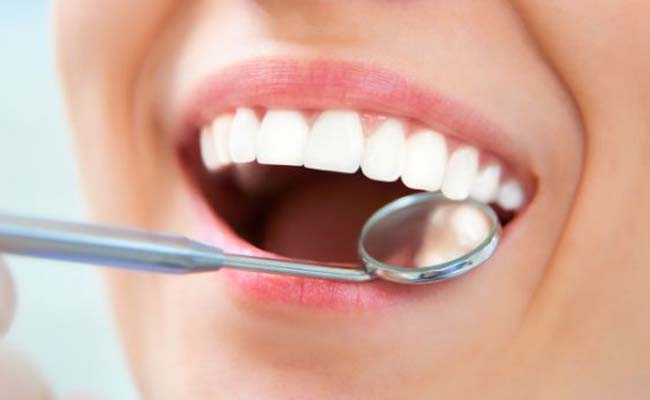Preventive Dentistry
Enjoyable Ways to Brush Baby Teeth
 Baby bottle tooth decay is one of the challenges parents might face as their little child grows up.
Baby bottle tooth decay is one of the challenges parents might face as their little child grows up.
In this case, parents must introduce and show the importance of oral hygiene to their children as early as possible.
Through this, you can help your baby gain healthy teeth and mouth for life.
Gums and Baby Teeth Care
If the baby is not yet teething, you can start the hygiene routine by cleaning their gums.This doesn’t involve the usage of toothbrush and toothpaste. Here are the steps parents must do instead:
- Use a soft, moistened piece of gauze or washcloth
- Clean your baby’s gums gently twice a day, especially after feeding
- Do the same routine before bedtime.
Why Consider Professional Teeth Cleaning in Brisbane

A professional teeth cleaning doesn’t only prevent mouth problems early. If you suffer from a particular oral problem or other chronic conditions such as heart disease and diabetes linked to dental problems, you need to have your teeth cleaned more frequently so as to evade further complications. Professional teeth cleaning are somewhat painless and inexpensive, and can even help you avoid extra costs of dental treatments due to an unguarded cavities or gum disease.
Jaw Pain: 6 Ways to Deal With it

Jaw pain may also include facial pain which causes involve sinus problems, toothache, infection, tooth grinding, gum disease and problems with TMJ. Since there are lots of things that trigger the condition, it might be difficult to diagnose and treat it. That is why your dentist will perform a comprehensive examination of your jaws and its affected neighboring areas. This may include X-rays to find out the real source of the pain.










